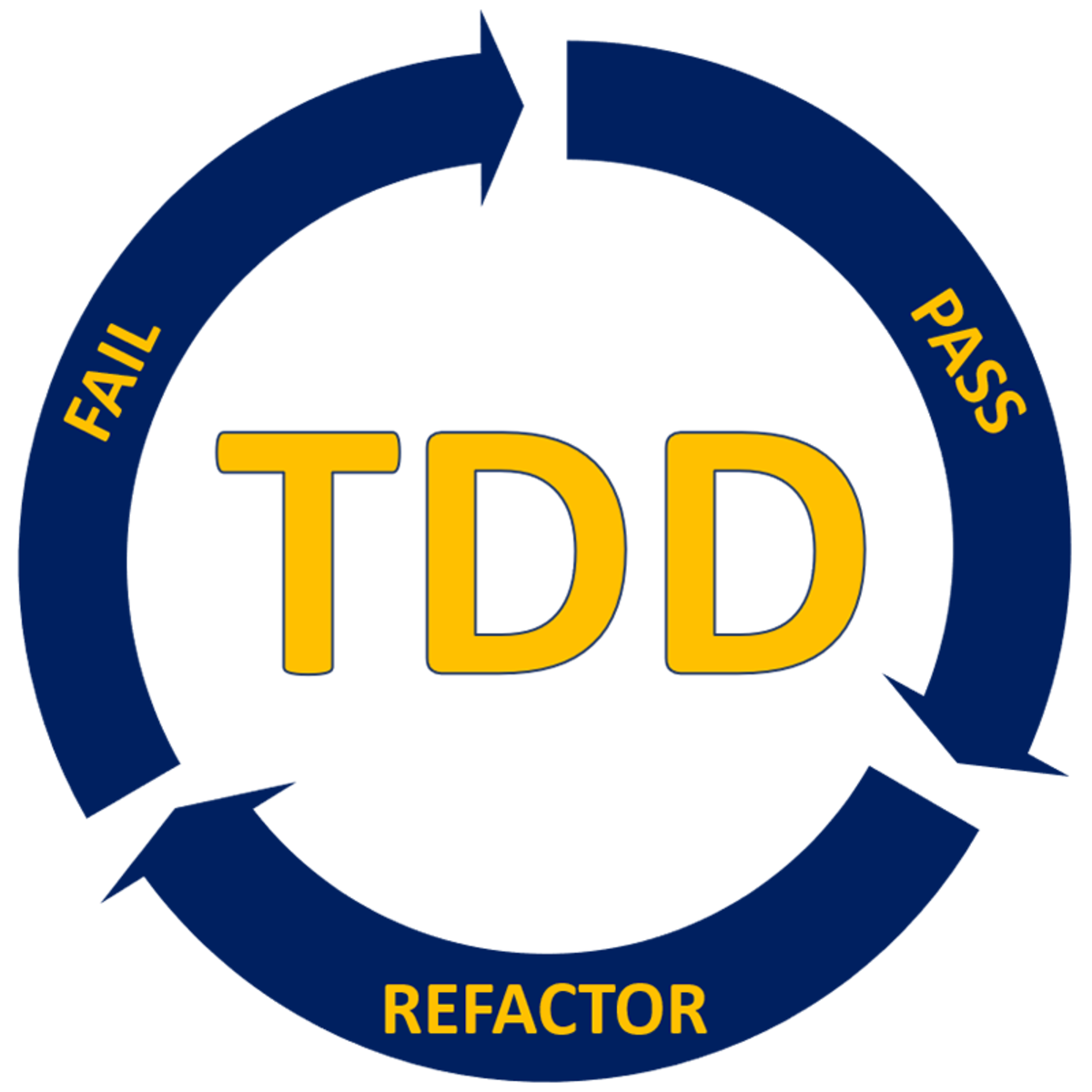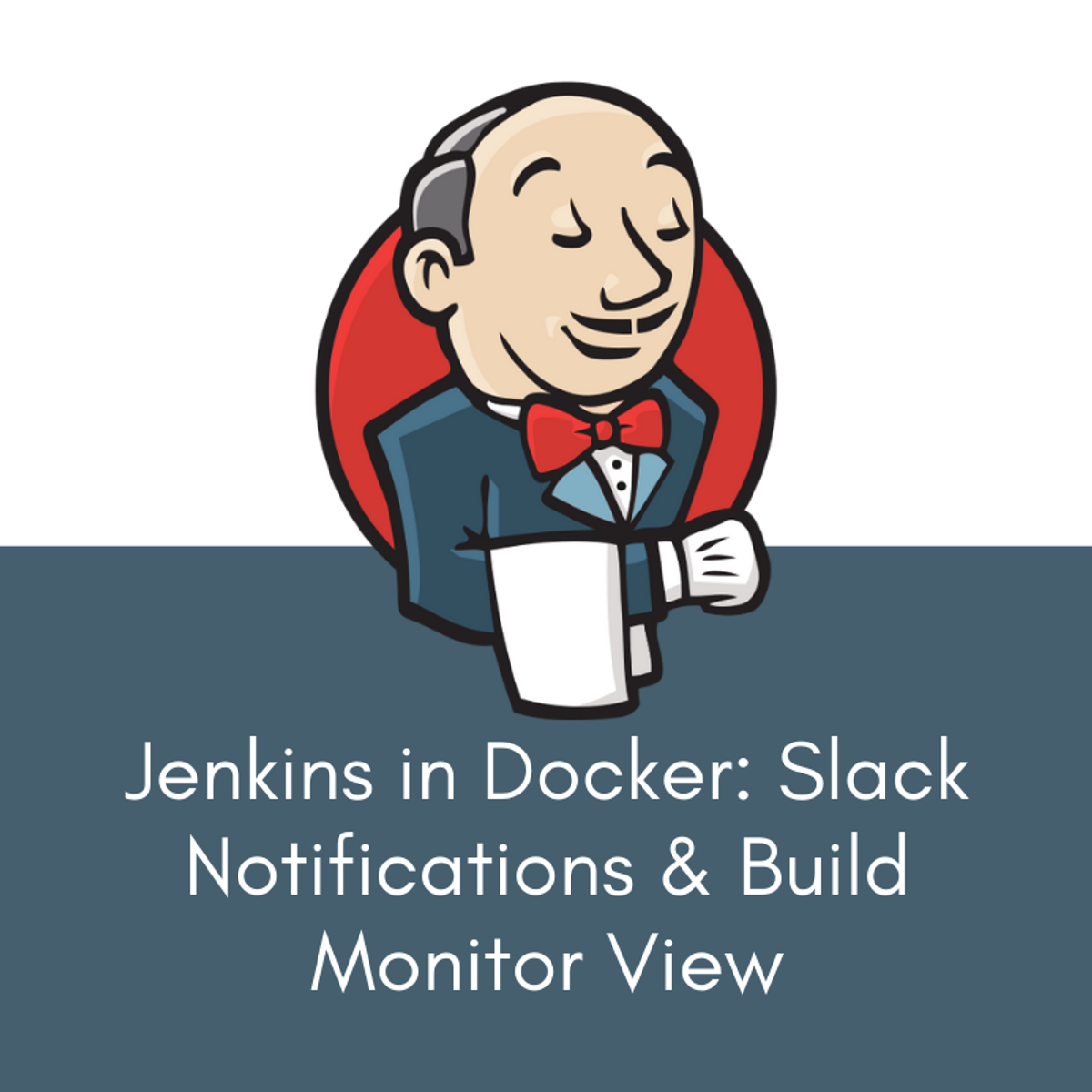Back to Courses









Support And Operations Courses - Page 6
Showing results 51-60 of 203

Test-Driven Development Overview
In this introductory course you will get both a full overview of what TDD is, when it can and can't be applied, and what its benefits are for practitioners and organizations. You will also have the opportunity to get hands on with a few fun introductory projects where you can apply what you have learned and experience the benefits of this approach to problem solving yourself.
We recommend that you have some knowledge of the Python programming language. Examples and labs use Python.

Jenkins in Docker: Slack Notifications & Build Monitor View
By the end of this course you will be able to bootstrap a Jenkins server entirely in Docker ready to be deployed anywhere in the world. You will also know how to configure notification messages for your teams in Slack, and how to set up a build Monitor View for a sidecar monitor.

Migrate for Anthos: Windows
This is a self-paced lab that takes place in the Google Cloud console. In this lab you will use Migrate for Anthos to migrate a Compute Engine VM running a Windows image into a Kubernetes Cluster using a processing cluster.

Cloud Profiler: Qwik Start
This is a self-paced lab that takes place in the Google Cloud console. In this lab you'll learn how to use Cloud Profiler on GCP by downloading a sample Go program then exploring the captured data in the Profiler console.

Cisco: SD-WAN Cloud Hub with Google Cloud
This is a self-paced lab that takes place in the Google Cloud console. In this hands-on lab, you will learn how to leverage Google Service Directory and Cisco SD-WAN to optimize the performance of a video streaming application.

Linux: I/O Redirection for DevOps
In this 1-hour long project-based course on Linux i/o redirection for DevOps you will be working entirely on the command line and using powerful Linux commands and redirection operators to learn how input and output redirection works in Linux. You will get experience of taking control of what happens to the stdin and stdout of all your commands and no longer be confused about the details on how piping and redirection works in Linux.
This course is designed for any person working or who intends to work with Linux, from Linux system administrators to developers and DevOps practitioners. Or even if you are a student who is curious to get comfortable with Linux this course is for you also.
By the end of this course, you will have used all of the redirection operators to redirect data and you will be comfortable to do so with ease going forward. This will also allow you to possess one of the important foundations of Bash scripting.
This is an intermediate level course and is designed for an individual who has a beginner's knowledge of Linux command line and crud practices in computer science.
Note: This course works best for learners who are based in the North America region. We’re currently working on providing the same experience in other regions.

Create a Virtual Private Cloud (VPC) Using AWS
By the end of this project, you will have successfully created a virtual private cloud using Amazon Web Services and launched a virtual machine instance in that cloud. A virtual private cloud is a secure, isolated private cloud hosted within a public cloud. Virtual private clouds allow users to establish a higher level of security and privacy within the cloud structure while taking advantage of the scalability offered by cloud providers.
Note: This course works best for learners who are based in the North America region. We’re currently working on providing the same experience in other regions.

Integrated development environments in Linux
In this project, you will install and explore five free Integrated Development Environments or IDEs on a Linux System.
Linux is a popular operating system that is based on the Unix operating system. It is a popular Operating System for running efficient Application Servers, but also has a great Desktop available for running Integrated Development Environments for Application development. IDE’s offer the developer a single place to write, edit, debug, and launch programs in various languages.
Note: This course works best for learners who are based in the North America region. We’re currently working on providing the same experience in other regions.

Technical Support Case Studies and Capstone
This course allows you to show what you’ve learned in the previous IT Technical Support professional certification courses and apply that knowledge to realistic situations.
The IT Technical Support Capstone leads you through a series of technical support case studies that require hands-on work to resolve. You will practice analyzing user help requests and troubleshooting various issues. You’ll demonstrate your knowledge of hardware, software, networking, security, and cloud computing. You’ll also demonstrate your understanding of escalation, levels of support, ticketing systems, and other support tools and systems. And along the way, you’ll show what you’ve learned about the essential communication and customer service skills for effective technical support.
By the end of the course, you will better understand how to use your technical support skills in everyday professional settings. You’ll also be prepared to take the CompTIA ITF+ exam for certification.

Visualizing Billing Data with Google Data Studio
This is a self-paced lab that takes place in the Google Cloud console. In this lab, you will harness the power of Data Studio, where you will learn how to build billing graphs and charts so you can slice and dice your GCP bill the way you want.
Popular Internships and Jobs by Categories
Find Jobs & Internships
Browse
© 2024 BoostGrad | All rights reserved